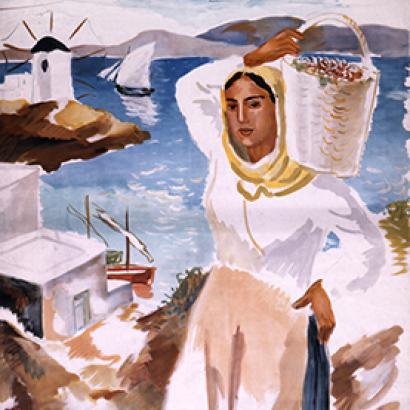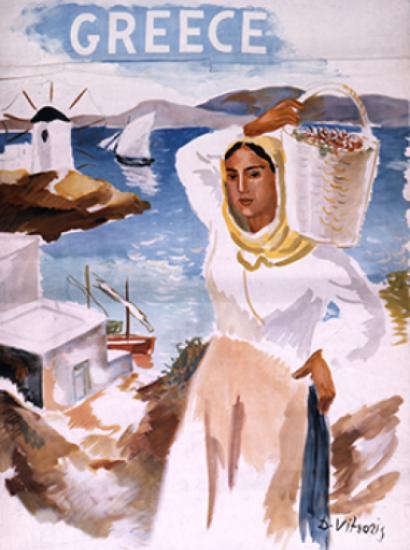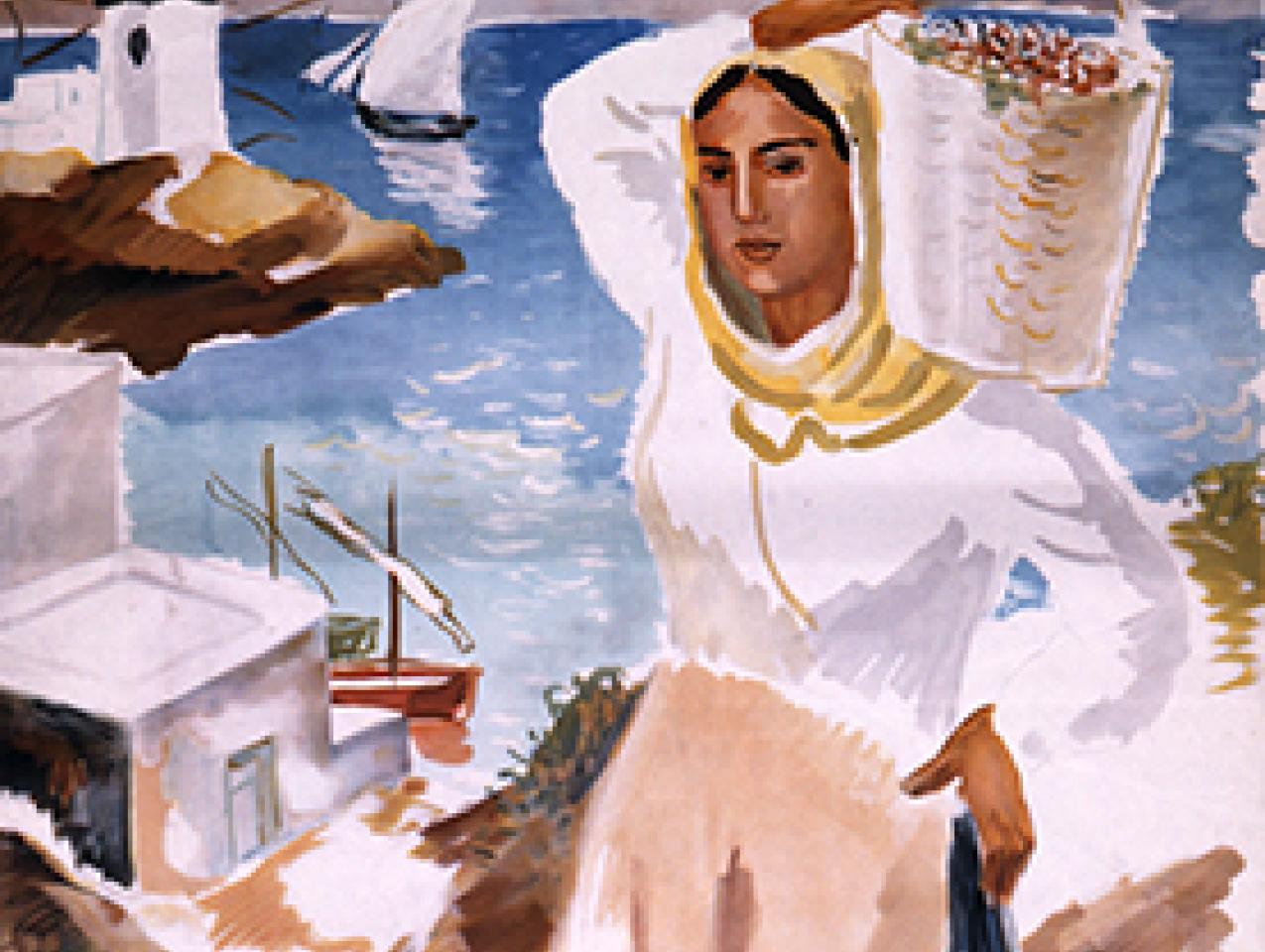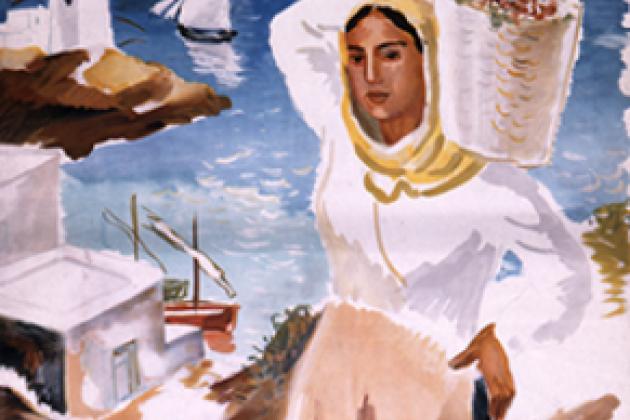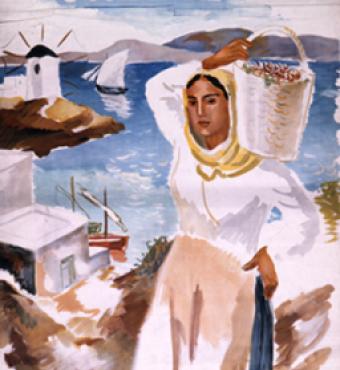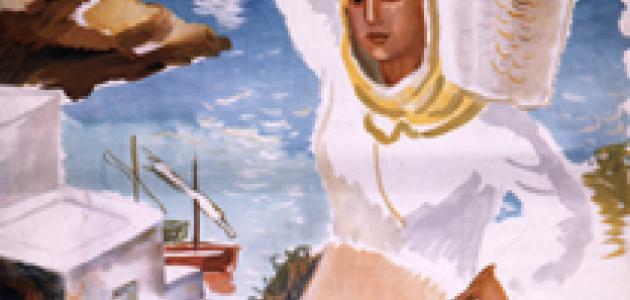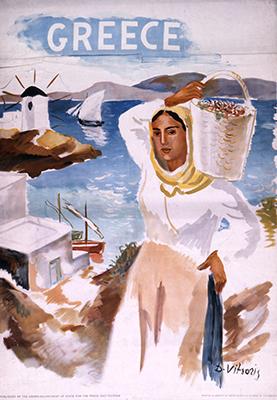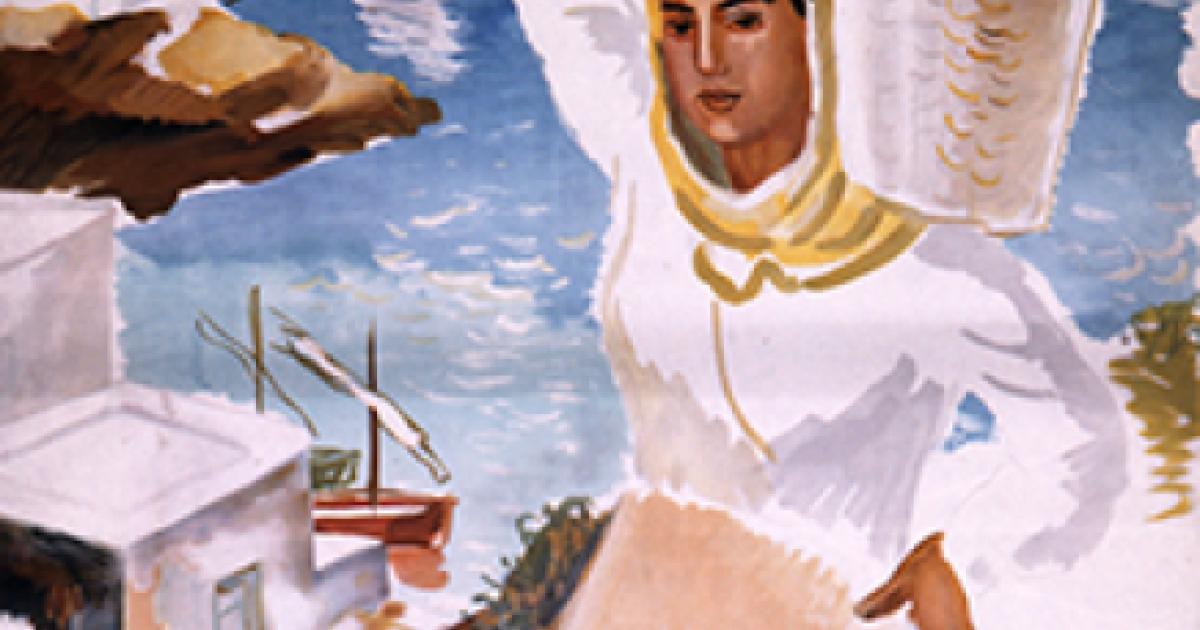- History
- Military
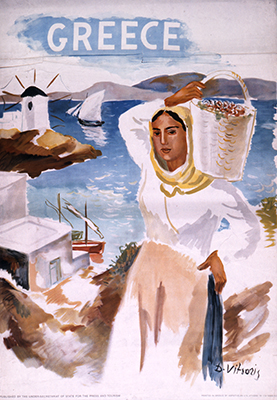
September 2 marks 2050 years since the Battle of Actium (31 B.C.), the naval engagement that made Imperial Rome and shaped the future of western civilization. The anniversary reminds us that navies have had a massive impact on the history of the Mediterranean. That, in turn, throws a spotlight on the ominous rise in naval tensions in the region today.
Greece and Turkey are locked in a dispute over fossil-fuel exploration rights in the Eastern Mediterranean, both off the coast of Cyprus and elsewhere. Since the discovery not long ago of undersea gas and oil reserves in the area, the stakes have grown high. Greece and the European Union claim that Turkey is drilling illegally in the region, while Turkey asserts its rights. Each side has claimed an exclusive economic zone.
In recent years, Turkey has built up an impressive navy, but Greece is no slouch at sea, and it has important allies in France and Israel as well as Egypt and the UAE. Together, they may give pause to the ambitions of Turkish President Recep Tayyip Erdoğan.
Both sides have sought propaganda advantages in the names of famous admirals of the past. Oruç Reis is the name of the gas exploration ship that Turkey has sent, accompanied by an armed escort, to explore off the coast of the Greek island of Kastellorizo. Oruç Reis (ca. 1474-1518) was a great Ottoman pirate and admiral in the days of the sixteenth century, when the Ottomans fought the Spanish for control of the Mediterranean. Along with his siblings, the famous Barbarossa brothers, he won many victories at sea and also helped establish Algiers as an Ottoman province. He rescued Jewish and Muslim refugees from Spain after the expulsion of 1492 and ferried them to North Africa.
Themistocles is the name of a class of corvette, a small but powerful warship, that a Greek shipyard is building in coordination with an Israeli shipyard, with the hope of selling it to the Hellenic Navy as part of Greece’s current naval buildup. The vessel is essentially a modification of the Sa’ar (that is, Storm) 72, a new ship on order by the Israeli navy as the next generation. Themistocles (ca. 524-460 B.C.) was the founder of the navy that won the Battle of Salamis (480 B.C.) and saved Greece from Persian domination. He was a master strategist as well as an admiral who fought in the thick of battle.
Even Cleopatra (69-30 B.C.), who fought and lost at Actium is back in the act: she gives her name to a recent series of joint Franco-Egyptian naval exercises.
Greek and Turkish warplanes regularly fly all too near each other in the Aegean. Both countries have formidable warships. France recently sent a frigate and fighter jets in support of Greece. A few weeks ago, a Greek and Turkish warship were involved in a mini-collision described as an accident. Fortunately, nothing more came of the matter, but accidents at sea can lead to war.
Actium set in motion the centuries of the Roman Peace. It was the last great naval battle in the Mediterranean for 350 years. We can only hope that today’s naval buildup is the prelude to diplomacy, compromise, and peace, and not to war.
Barry Strauss is a military historian and classicist at Cornell University and a Visiting Fellow at the Hoover Institution. He is the author of Ten Caesars: Roman Emperors from Augustus to Constantine and hosts the podcast ANTIQUITAS.








